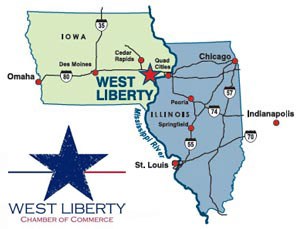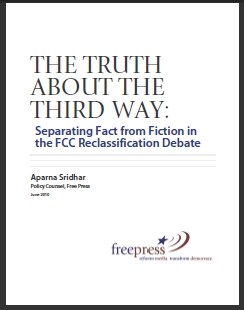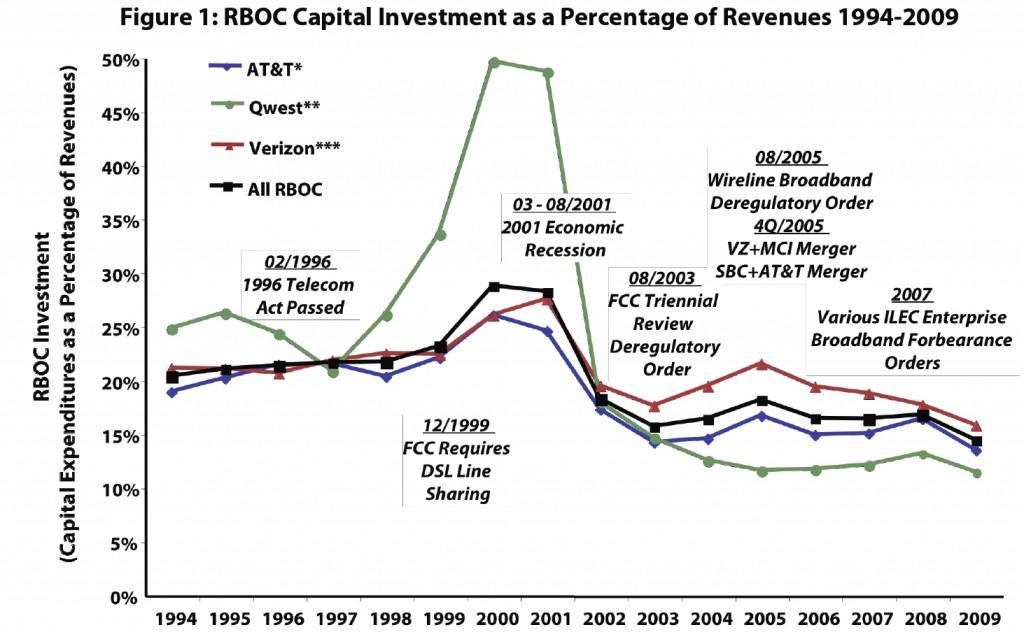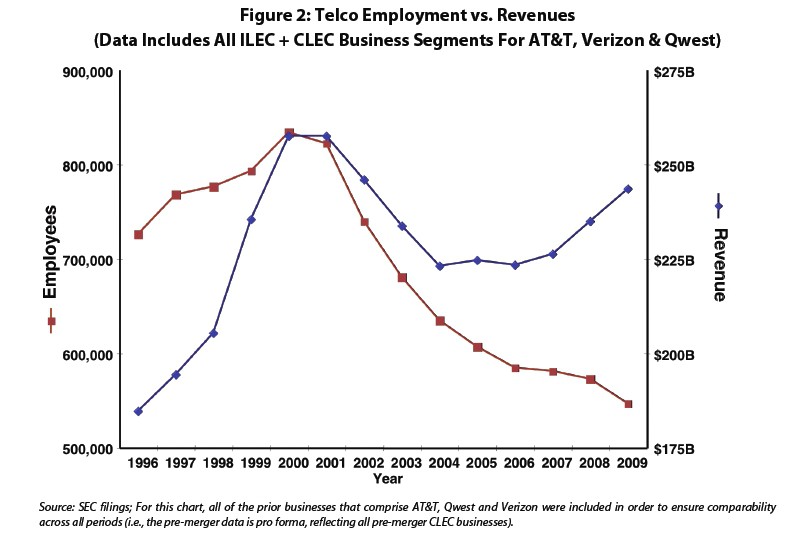Lafayette Utility Systems’ LUS Fiber has filed a formal complaint with the Federal Communications Commission accusing the cable industry co-op of blocking the company from getting the favorable discounts and access to cable networks its competitor Cox Cable receives.
LUS Fiber Director Terry Huval said the blockade against LUS Fiber could ultimately cost the city millions and deny subscribers access to popular cable networks. Huval accused its rival, Cox Cable, of being behind the repeated denials of membership for the Louisiana municipal cable system.
The municipal provider issued a news release stating that its complaint to the FCC originally was joined by municipal providers in Wilson, N.C., and Chattanooga, Tenn., but the National Cable Television Cooperative has since admitted those systems, while keeping LUS Fiber out.
“The NCTC opened membership to two other municipally-owned telecommunications companies that are very similar to our own Lafayette operation and in the same week refused to admit us on the same terms and conditions,” Huval said. “The only difference among the three systems is that our major cable competitor is NCTC’s largest member as well as a member of NCTC’s board of directors.”
The NCTC is critically important to many medium and small sized cable companies who together collectively bargain access and the best possible volume discounts for hundreds of cable networks and broadcasters. Those discounts are substantial, considering only Comcast gets larger discounts than the NCTC’s group membership. NCTC membership also frees members from the tedious one on one negotiations cable systems would otherwise be required to conduct to obtain and maintain agreements with cable programmers.
Keeping LUS Fiber out means the municipal provider could be left charging higher prices than Cox charges for cable-TV in Lafayette.
Federal law appears to be on the side of LUS Fiber as part of the 1992 Cable Act that consumer groups fought for:
It shall be unlawful for a cable operator, a satellite cable programming vendor in which a cable operator has an attributable interest, or a satellite broadcast programming vendor to engage in unfair methods of competition or unfair or deceptive acts or practices, the purpose or effect of which is to hinder significantly or to prevent any multichannel video programming distributor from providing satellite cable programming or satellite broadcast programming to subscribers or consumers.
As someone who personally was involved in the passage of that legislation, the ironic part is we were fighting -for- the NCTC back then. Of course, those days the cooperative was made up of wireless cable providers, utility co-ops, municipal co-ops, and other independent cable systems that were constantly facing outright refusals for access to cable programming or discriminatory pricing. Satellite dish-owners were also regularly targeted. NCTC was a friendly group in the early 1990s but has since become dominated with larger corporate cable operators, especially Cox Cable and Charter Communications.
LUS builds a compelling case:
NCTC and its dominant members have not only grown significantly in size and power, but they have become increasingly anti-competitive themselves. They are now undermining Congress’s pro-competitive intent by using denial of membership in NCTC as an anticompetitive device to insulate NCTC’s existing members from competition by new entrants.
Specifically, in 2007 and 2008, NCTC imposed a “moratorium” on new members, claiming that it needed time to review its membership policies. In late 2008, NCTC supposedly lifted the moratorium, posting new application procedures on its website. These procedures, NCTC stated, would ordinarily result in admissions within 60-120 days. LUS promptly applied for membership, furnishing all of the information that NCTC required. In reality, NCTC only lifted the moratorium for private-sector cable operators, including Cox and Charter. For LUS and other municipal cable operators, NCTC’s claim to be open to new memberships turned out to be little more than a deceptive sham.
In short, as of April 2010, despite publishing procedures suggesting that new members would be admitted within 120 days, NCTC had not admitted a single new public communications provider during the year and a half since it supposedly lifted its moratorium.
Without access to programming at competitive prices, no one would consider switching to a municipal provider that charged higher prices than the incumbent. The NCTC’s increasingly secretive and erratic admission of new municipal members provides ample ammunition for those on the outside looking in to accuse the group of unfair practices.


 Subscribe
Subscribe










